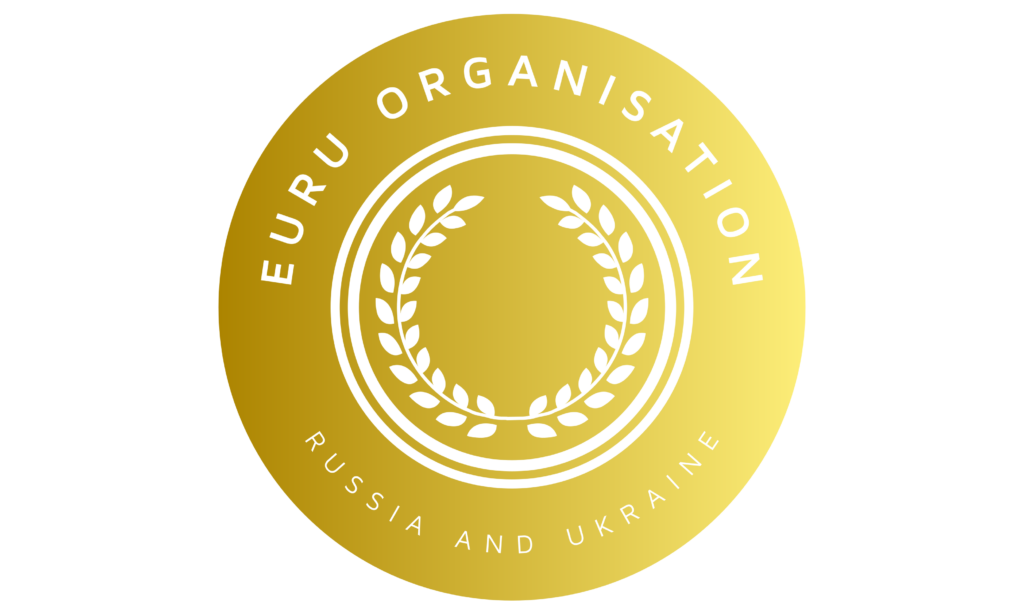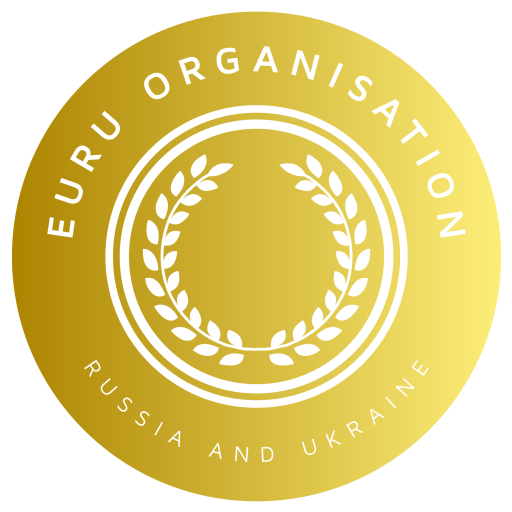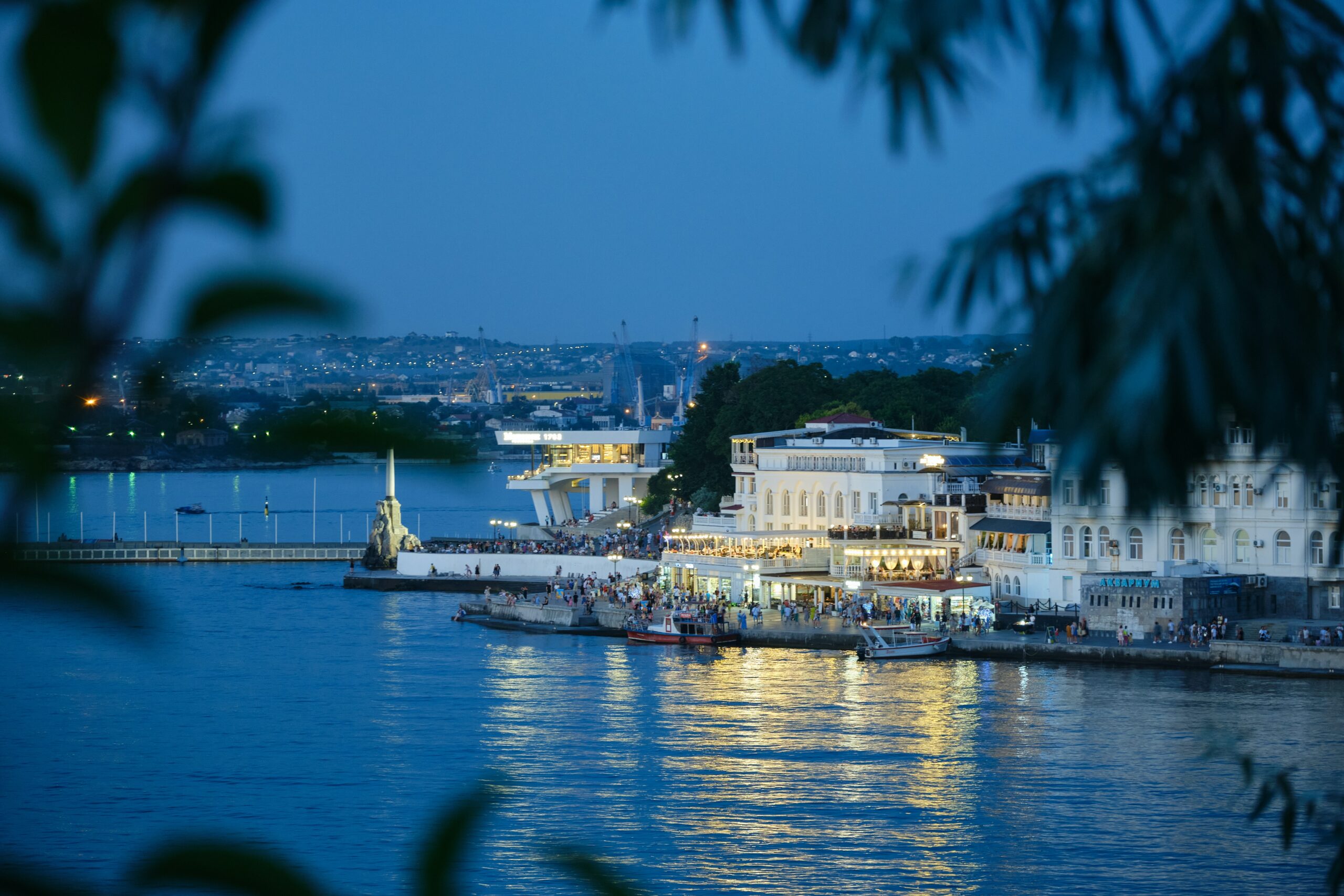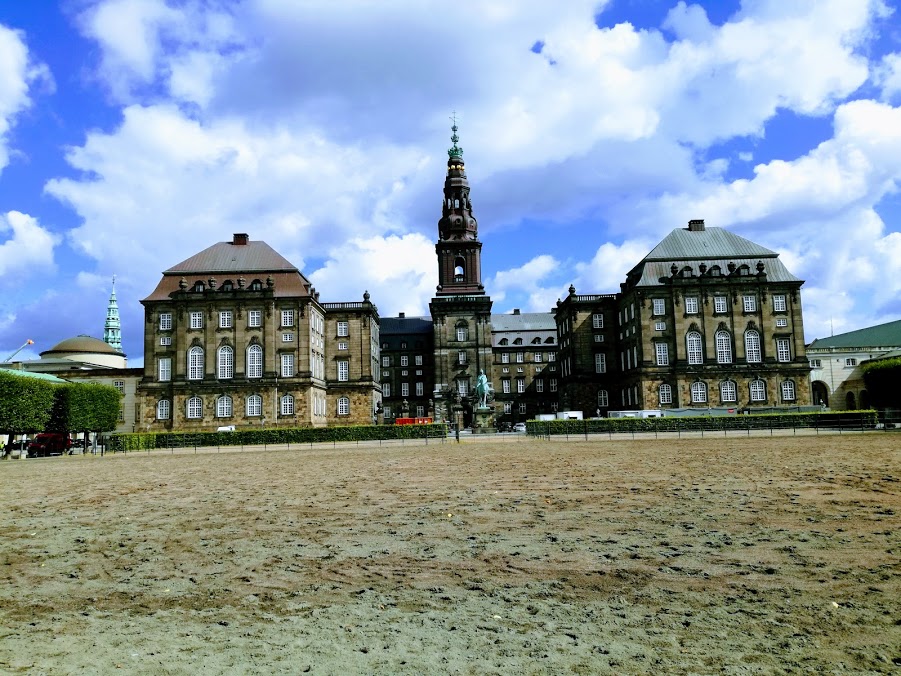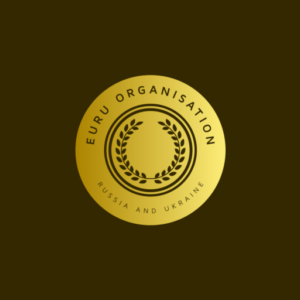What will future generations and history books say about the lack of diplomatic efforts in the war between Russia and Ukraine?
Last year, I wrote an article here asking, “Has diplomacy gone on vacation?” Now, as we write on May 5, 2024, I can conclude that diplomats are indeed on their way to summer vacation, leaving the Ukrainian and Russian people to suffer even more, with no attempts whatsoever to establish real diplomatic peace negotiations. I have no doubt about what history books will write about the world community’s lack of diplomatic efforts. Here, I will reproduce parts of the article from April 10, 2023, “Has diplomacy gone on vacation?” on euruo.com.
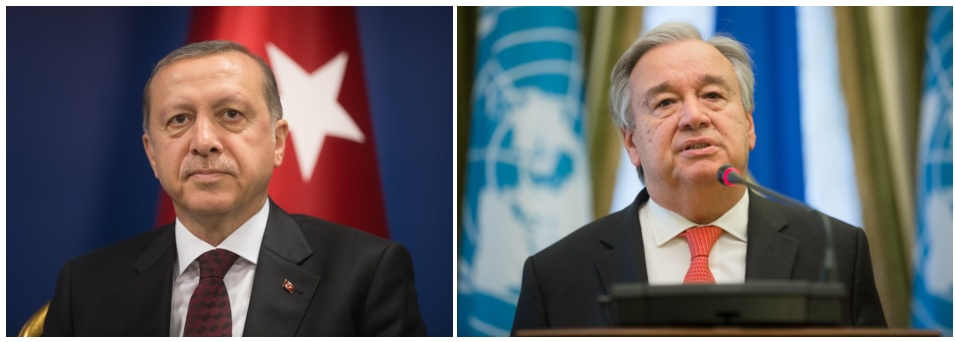
But it is understandable that diplomacy is not reacting, as politicians, generals, intelligence leaders, and the press all talk about a long war between Russia and Ukraine. This is likely a contributing factor to why skilled diplomats are not instructed to work on a peace solution to the conflict. I also believe that other factors outside of Ukraine should be included in future negotiations, such as geopolitical relations, including border control, demilitarized zones, minority rights, future trade, etc.
Where are the statesmen who dare to say enough is enough and that this conflict must end? This conflict is a spiral with no end in sight, and the current situation leads to a military escalation day by day. This is completely unsustainable for Europe. The Ukrainian and Russian people have suffered enough. The time has come to find a negotiating solution and normalize conditions in Europe. The diplomatic corps must roll up their sleeves in the summer heat.
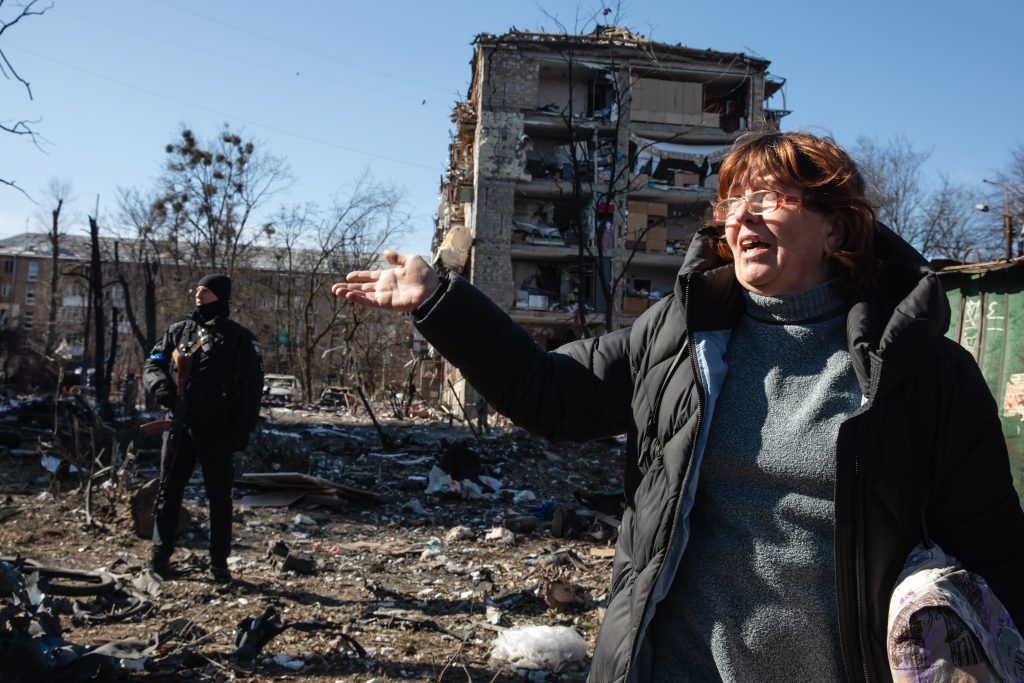
We need to start rebuilding Ukraine, and in order for this to be financed reasonably, we also need to re-establish normal trade relations in Europe, both in goods, services, and energy. It is obvious that if this does not happen, it will be very difficult to finance the reconstruction of Ukraine.
Therefore, the model I am talking about here and the proposed solutions that arise may be an important part of a peace agreement and the reconstruction and financing of the country.
We must be optimistic and dare to make demands of the parties involved, and here I also think of the Budapest Memorandum and the Minsk 2 agreement. It is completely incomprehensible that no one is trying within structured frameworks to negotiate with Ukraine and Russia. I would argue that there should be plenty of tools in the toolbox and plenty of mechanisms to work with. We must be optimistic and believe that the Russian and Ukrainian governments want to start real negotiations now.
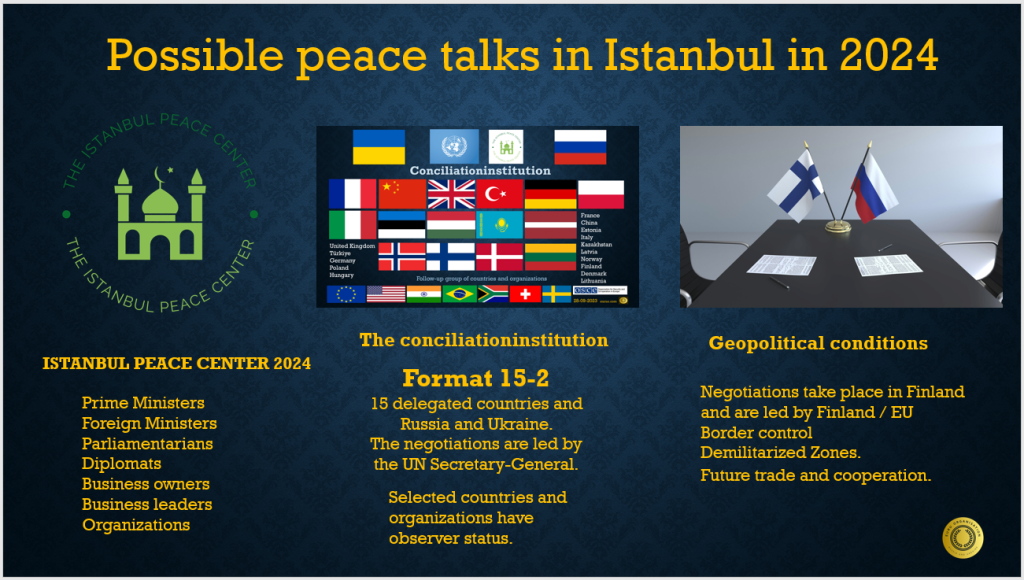
Establishment of an International European Conciliation Institution.
The time has come to establish a Conciliation Institution that can mediate between the parties. Just as in the labor market, where a conciliation institution is used when the parties cannot reach an agreement, an International Conciliation Institution can be advantageously used to mediate between Russia and Ukraine.
The working mandate of the Conciliation Institution could be as follows:
- To establish a lasting peace agreement between Russia and Ukraine.
- To contribute to a plan for the reconstruction of Ukraine.
- To contribute to the restoration of normal international trade relations.
Diplomacy cannot involve emotions and must maintain a neutral policy.
It seems that here there is more of a revenge against Russia and negative feelings toward Russia and the Russian people than there are constructive solutions for the Ukrainian people, who have suffered so much. The Russian population also wishes to live in peace and purchase goods and services on the international market; they should also be allowed to do so, just like the Ukrainian people. We must focus on ensuring that the people in these countries can live well and safely in the future and that we regain stability and peace in Europe. We empathize with the Ukrainian people, and if peace is to be achieved, both countries must make concessions and compromises, even though it may be very emotionally charged and difficult for the Ukrainian government and the Ukrainian people in these times to make concessions. But the advantage is that many lives are spared, and the country’s reconstruction can begin quickly. In Europe, we must dare to pursue an independent European foreign, trade, and security policy.
The world community cannot stand by in the current situation without intervening deeply diplomatically. If the war lasts for 100 more days, and we estimate that 100 soldiers fall on each side every day, then Ukraine will lose 10,000 soldiers and Russia the same. Thus, an extension of the war by 100 days will lead to the loss of 20,000 soldiers and many civilians. Therefore, it must be in everyone’s interest for the fighting to cease, and for a peace agreement to be reached as soon as possible. We must ask ourselves, should 50,000 or 100,000 more young soldiers lose their lives in this conflict? It seems very strange that one cannot influence the parties involved so that the fighting on the battlefield quickly ends.
That analysts and politicians to talk about a long-lasting stalemate and attrition war is completely incomprehensible without at least beginning to focus on structured peace negotiations. Both the Ukrainian and Russian people desire peace and find it difficult to see the purpose of these extensive military operations between brotherly peoples; therefore, proposals for solutions that must be presented to the parties must be developed. Solution proposals developed by a Conciliation Institution, with the participation of several major European countries. These proposals must then be presented to the Russian and Ukrainian governments, with their active participation in the peace efforts.
In the International Conciliation Institution, 15 countries should participate, not organizations. This will result in quick decision-making processes and the way in which working papers are prepared and presented to Ukraine and Russia. Turkey has shown a great desire to host future peace negotiations. Both Ukrainian and Russian politicians have suggested a format involving more countries and then Russia and Ukraine; we can call it the 10-2 format. Or as I have suggested, the 15-2 format.
Foreign ministers or deputy foreign ministers for possible peace negotiations in Istanbul 2024?
Thus, foreign ministers or deputy foreign ministers from these countries must allocate the necessary time and resources for concrete and constructive negotiations, and they must activate their corps of skilled diplomats to participate in future peace negotiations. In addition to this International Conciliation Institution, there will be countries and organizations with observer status and advisory status.
To say that peace negotiations do not make sense now is too cheap for the world community. We must believe in diplomacy and be optimistic. Posterity must know that modern people made a real effort in 2024 to stop the conflict. Only posterity can say whether it succeeded or not, or whether these negotiations were the seed of a future peace.
Sanctions cannot force Russia to the negotiating table
The world is large, and as several analysts have pointed out, sanctions are not the solution; they only serve to shift alliances and worsen international trade. To believe that weakening Russia economically and militarily is a viable path to peace and stability in Europe is a dead end, as history has clearly shown.
The main points of contention
As I see it, the main points of contention are: Foreign military presence in the country. Donbas and the Crimean Peninsula. If these difficult conditions can be resolved, I believe the path will be paved for further constructive negotiations.
Regarding Donbas, we must ask ourselves whether Ukraine is willing to grant more autonomy to this region within Ukraine’s borders and whether Russia can accept this. One of the main goals of the special military operations was to protect the citizens of Donbas. The Minsk II agreement also proposed more autonomy for Donbas.
“Modern Donbass is predominantly Russian-speaking. According to the 2001 census, Russian is the main language for 74.9% of residents in Donetsk Oblast and 68.8% in Luhansk Oblast.[1]
According to the Ukrainian census in 2001, ethnic Ukrainians make up 58% of the population in Luhansk Oblast and 56.9% in Donetsk Oblast. Ethnic Russians constitute the largest minority, accounting for 39% and 38.2% in the two oblasts, respectively.” Source: https://en.wikipedia.org/wiki/Donbass
Regarding the Crimean Peninsula, Russia wishes to continue using the naval base in Sevastopol and simultaneously possess a larger part of the peninsula. Russia is used to leasing the naval base, and Russia also has a leasing agreement with Finland, where the Finns lease a canal that is Russian territory.
Could it be possible to legally enter into a lease agreement between the countries, and would this contract between Russia and Ukraine be internationally recognized and ratified, leading to the lifting of international sanctions against the Russian people, Russian business, and the Russian political system?
The question is whether the International Conciliation Institution can present working papers to the parties that lead to agreement on these vital points of contention, thereby paving the way for further work on peace negotiations.
Exit Strategy
There is no doubt that for lasting peace and stability to be achieved in Europe, both countries must feel that they have achieved something by entering into a peace agreement. These conditions go beyond Ukraine and Russia, and there must be a comprehensive understanding of the future development and international cooperation and trade of the countries.
Ukraine must have assurances of its security and concrete guarantees of how it will finance the reconstruction of the country.
In some way, the Russian government must have assurances that the ethnic Russian minority in Donbas will have a form of governance that ensures peace and stability in the area, whether through greater autonomy or other useful constructive solutions resulting from the negotiations.
Russia must have assurances that it can use its naval base and that part of the Crimean Peninsula, for which it then enters into a leasing agreement with Ukraine. Russia must be assured that in peacetime, there are no foreign troops on Ukrainian soil.
At the same time that all sanctions against Russia are lifted, new concrete trade agreements will be drawn up between European countries, the USA, and others, and Russia.
In addition to lifting trade sanctions against the Russian people, sanctions against Russian businessmen and their frozen assets will be lifted.
Furthermore, Russia and Ukraine can enter into a gas agreement in the spirit of the peace negotiations.
Summary
The international community must consider what Russia has said about its special operations, namely, why they entered Ukraine, namely, to achieve more autonomy for the residents of Donbas. In addition, the logical assumption is that they still wish to maintain their naval base on the Crimean Peninsula, as well as “utilize” the part of Crimea that they have annexed. How a solution can be developed in the future so that there is coexistence on the Crimean Peninsula without Ukraine ceding territory must be further worked on by diplomats and peace researchers.
For sanctions against Russia to cease, Russia and Ukraine must formalize a lease agreement, for the international community to lift sanctions against Russia. A significant question is, of course, what Russia is willing to pay for the lease agreement.
If Ukraine agrees to solutions that involve more autonomy for Donbas within Ukraine’s borders and a leasing agreement with Russia on Crimea and confirms that there will be no foreign troops in the country during peacetime, while also receiving necessary security guarantees from selected countries, and there is a solution for financing the reconstruction of Ukraine, then the path is paved for a positive outcome to the conflict.
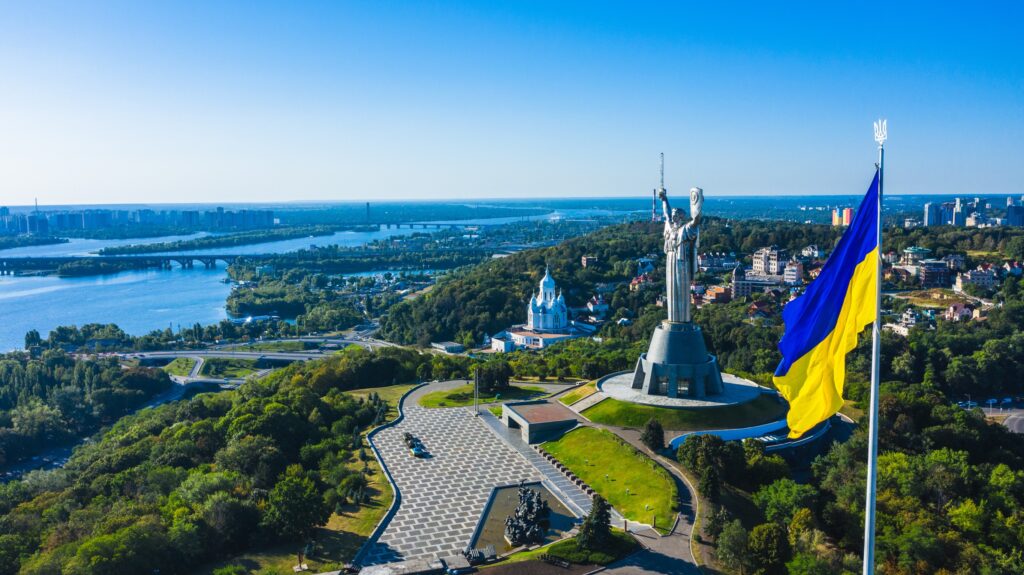
Parts of a peace plan 2024:
- Security guarantees for Ukraine, to be internationally ratified.
- Negotiations on the future status of Donbas and possibly greater autonomy.
- No foreign troops on Ukrainian soil in peacetime.
- Ukraine guarantees that there will be no nuclear weapons deployed in the country.
- The Russian language position in Ukraine?
- Possibly dual citizenship for citizens in selected Ukrainian areas?
- Crimea’s status and naval base – possible leasing/rental agreement between Russia and Ukraine?
- Ukraine contributes to sufficient water supply to Crimea from Kherson.
- Reconstruction of Ukraine.
- Re-establishment of international cooperation relations.
- Russia and Ukraine enter into a trade agreement, including gas deliveries from Russia.
Working Papers – 20 selected points:
- Geopolitical conditions and possible demilitarized zones in Europe.
- Coexistence on the Crimean Peninsula.
- Possible leasing of the naval base on the Crimean Peninsula.
- Greater autonomy for Donbas.
- Minority rights in Ukraine, language, culture, education.
- Russia gains access to the SWIFT payment system.
- Reconstruction of infrastructure in Ukraine: bridges, railways, roads, electricity, and water supply.
- Reconstruction of schools, hospitals, and public buildings in Ukraine.
- Reconstruction of housing in cities and villages in Ukraine.
- Water supply agreement: Water from “Kershon” to the Crimean Peninsula.
- Resumption of US trade with Russia and lifting of sanctions.
- Normalization of Germany’s and other countries’ trade with Russia.
- Nord Stream 1 pipeline is put back into operation, and Nord Stream 2 is repaired.
- EU trade with Russia is normalized, and sanctions against Russia and its citizens are lifted.
- Concrete proposals to Ukraine on which countries undertake which reconstruction tasks.
- Export of grain and crops from the port city of Odessa and other port cities.
- Plan for financing the reconstruction of Ukraine.
- Plan for establishing new businesses and tourism development in Ukraine.
- Land and sea mine clearance.
- Russia and Ukraine cooperate on gas transport through Ukraine and gas deliveries to Ukraine.
Today, May 6, as I finish this article, I see that the Italian Defense Minister, Guido Crosetto, is quoted in the Danish newspaper Berlingske, Mikkel Danielsen – as saying (loosely translated fragments of the article): It is time for the West to try harder to achieve a diplomatic solution to the war in Ukraine. He is further quoted as saying, “We must not abandon the diplomatic route, no matter how unlikely it may seem,” the quote is originally from the Italian newspaper Il Messaggero. Soon, there will be a film and article on this page that elaborates on the negotiation solutions and concepts or negotiation strategy I have arrived at.
O.M. Lassen founder and owner of euruo.com
